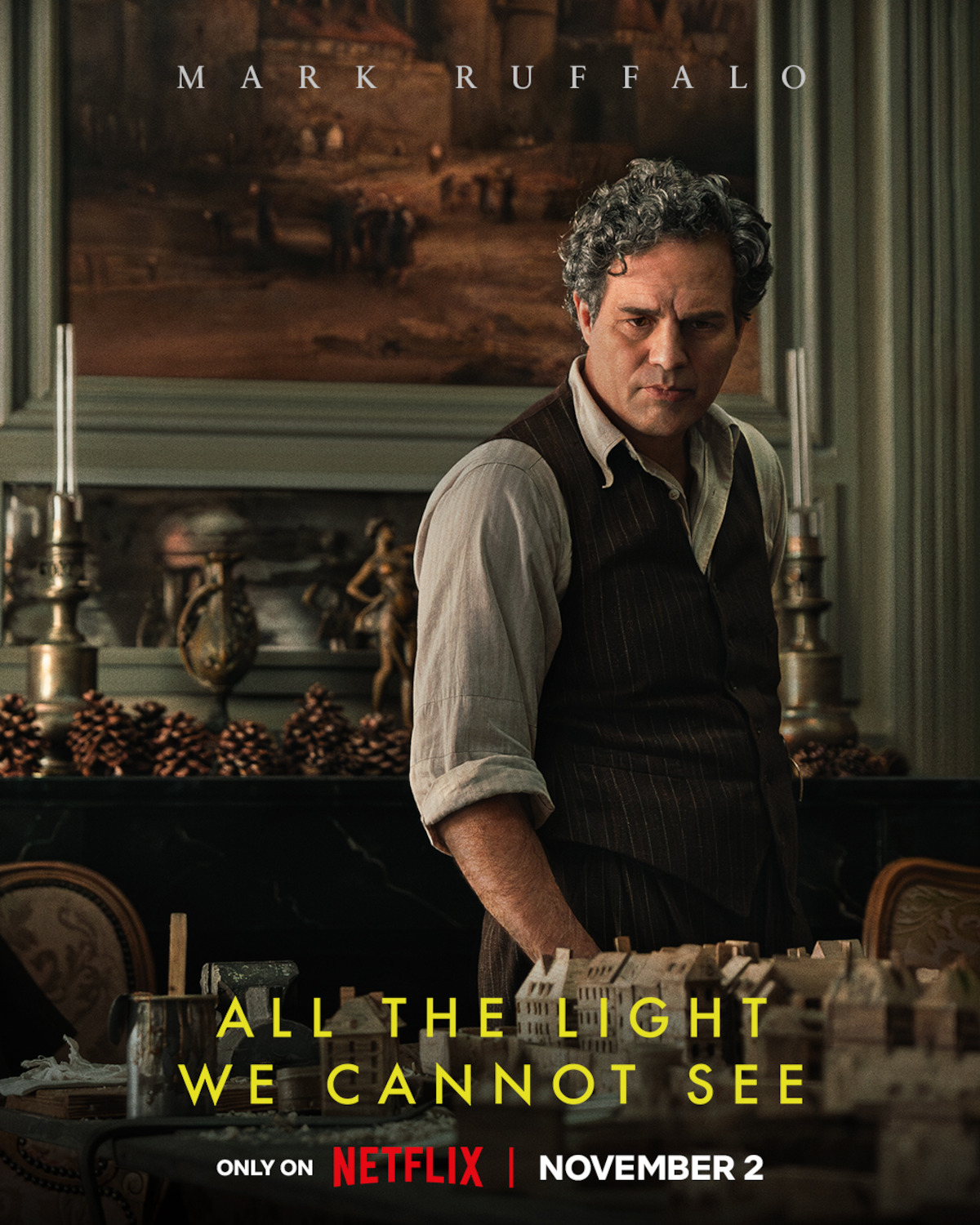All the Light We Cannot See Movie Criticism
All the Light We Cannot See clichéd and surface-level adaptation by screenplay Steven Knight and filmmaker Shawn Levy of Anthony Doerr’s Pulitzer Prize-winning book. “All the Light We Cannot See” fails to capture any of the work’s transcendent or poetic qualities. World War II horrors are acted out like superhero films, complete with cheap thrills and enormous explosions (and what look to be CGI Nazi stormtroopers), at the expense of any insight into the state of humanity or nuanced portrayal of the individuals.
Marie-Laure and Werner both remember listening to a radio programme on the 1310 frequency where a mellow-voiced host dubbed the professor showed courses about evidence and detect by means of the fields of science and philosophy, all to the tune of Claude Debussy’s “Claire De Lune.” There are numerous parts of the novel that simply don’t lend themselves well to adaptation, but one in particular is the fact that many persons don’t realise that Etienne was the Professor although the voice plainly resembling that of Hugh Laurie.

Helmut von Rumpel (Lars Eidinger), a Nazi with an unspecified but deadly disease who is certain the LeBlancs possess a gem named the Sea of Flames due to its purported curative properties, is awkwardly sandwiched between these two overlapping narratives. Through all four episodes, Eidinger sings Reinhardt on a single, completely unhinged note, never developing any inner layers or settling into a cadence that works with the rest within the programme.
This constitutes a major issue with the majority of the performances in Levy’s version. It’s clear that the actors are all acting, rather than experiencing anything remotely like reality. Knight’s writing contributes to the problem by being full of awkward exposition or flowery language. It doesn’t help that the German people are all portrayed by genuine German actors while all of the French people are played by actors performing British accents (except, in course, Laurie, a woman who simply sounds like his typical British self). Then there’s Mark Ruffalo, who tries out a variety of accents since he can’t do a single one.
Furthermore, Levy’s direction has an a lot to be wished. There are several intimate close-ups of Marie-Laure that portray her as an embodiment of virtue, but the character is hardly given any opportunities to develop or, honestly, for Loberti to demonstrate her acting chops. She and her father learn to agree on many philosophical and moral issues, and the phrase “everything has an advocate, people just have to listen” becomes a mantra in their household.
This overuse eventually causes the term to lose all of its significance. Marie-Laure says it like a joke in an action movie just before she fires a gun at an aggressor, and it’s the most cringeworthy moment of the series. Hofmann fares no better, portraying Werner with an identical deer-in-the-headlights expression whether he is facing an angry boss or a violent hazing as a teenager at the National Political School of Education, the Nazi training school.
When Hoffmann is paired with Felix Kammerer, who was fantastic in last year’s “All Quiet across the Western Front,” he has one of the rare opportunities to break out of his one-note lethargy. Kammerer’s deep eyes elevate his character beyond the stale script and give him a remarkable and genuine depth.
